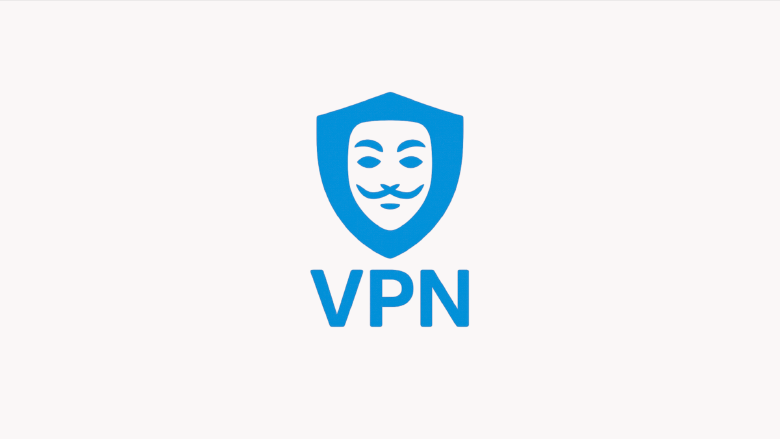How to Use a VPN Without Being Detected: Keep Your Browsing Private and Secure

In today’s world, where online privacy is often scrutinised and digital activities are monitored, using a Virtual Private Network (VPN) is a smart way to guard your anonymity and security online. But, the trick is using a VPN effectively without it being detected. Whether you’re bypassing regional content blocks, safeguarding personal information, or avoiding government surveillance, knowing how to keep your VPN use under wraps is key. Let’s look at how you can ensure your VPN remains hidden and does its job effectively.
How VPNs Get Detected
To use a VPN without being noticed, it’s helpful to understand how they can be spotted. Websites and services often use methods to identify VPN traffic. These include:
- IP Address Blacklisting: VPNs use a range of IP addresses to reroute traffic. Websites can block access from these known VPN IPs.
- Deep Packet Inspection (DPI): This involves examining data packets sent to and from your device, often spotting patterns typical of VPN encryption.
- Port Blocking: VPNs use specific ports for data transfer, and some services block these to limit VPN access.
Tips for Staying Undetected with a VPN
To get around detection methods, try these strategies:
1. Opt for VPNs with Stealth Features
Some VPNs come with stealth or obfuscation options designed to make VPN traffic look like regular internet use. These can help get past DPI and IP blacklists, making it seem like you’re not using a VPN at all.
2. Change Servers and IP Addresses Regularly
Switching between different servers and IPs can help you stay under the radar. Dynamic IPs, which change regularly, reduce the risk of being flagged as a VPN user.
3. Use Advanced Protocols
Choose VPNs that support advanced protocols like OpenVPN or WireGuard. These provide better encryption and can be set to use different ports, reducing the chance of detection.
4. Consider a Double VPN
A double VPN routes your connection through two servers, adding an extra layer of encryption and making it harder to detect your VPN use.
5. Avoid Free VPNs
Free VPNs often lack the sophistication needed to avoid detection. They might have weaker encryption and their IPs are more likely to be blacklisted.
Special Considerations for UK Users
For UK users, where privacy laws are strict, using a VPN without being detected is particularly important. With measures like the Online Safety Act in place, ensuring secure and private internet use is vital.
Legal and Ethical Considerations
While using a VPN undetected enhances privacy, it’s crucial to be aware of the legal and ethical aspects. Always ensure your VPN use complies with local laws. Using a VPN for illegal activities can lead to serious consequences.
FAQs on Using a VPN Undetected
| Question | Answer |
|---|---|
| What is a VPN, and why use one? | A VPN encrypts your internet connection, boosting privacy and security while you browse. |
| How do websites spot VPN traffic? | They use IP blacklisting, DPI, and port blocking to detect and block VPNs. |
| Are there VPNs made for stealth use? | Yes, some offer obfuscation features to disguise VPN traffic as normal internet use. |
| Could using a VPN land me in legal trouble? | While using a VPN is legal in most places, illegal activities through a VPN are not. |
| How can I keep my VPN use undetected? | Use stealth features, change IPs regularly, and pick advanced protocols. |
| Is it safe to use free VPNs? | Free VPNs often lack strong security features and their IPs are more likely to be blacklisted. |
Wrap Up
Navigating the online world with privacy calls for knowing how to use a VPN without being detected. By picking the right VPN features and being mindful of legal aspects, you can enjoy a secure and private online experience. As concerns about privacy grow, mastering undetected VPN use is becoming essential for today’s internet users.
